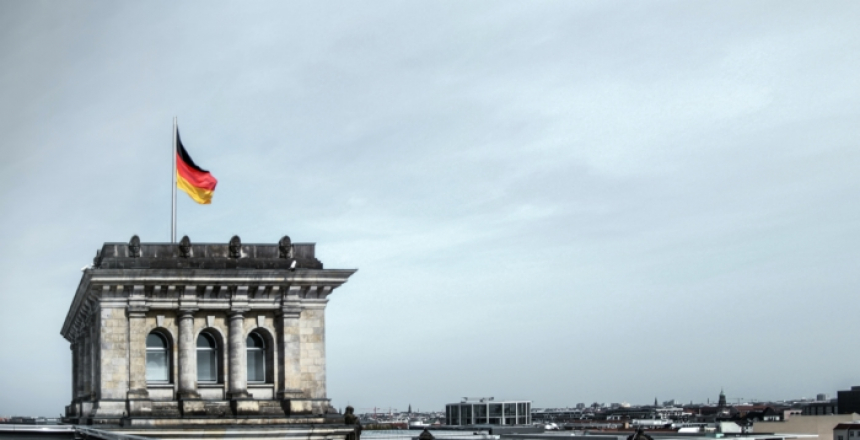The Fair Standards Alliance (FSA) welcomes amendments to German patent law that will enable courts to reject claims for injunctive relief where they are deemed disproportionate for either an alleged patent infringer or third parties. This is a major step forward to prevent patent law misuses as it will make it more difficult – for patent trolls, in particular – to obtain inadequate licence fees, using the threat of injunctions.
On 11 June, the German Bundestag voted on amendments to German patent law – adopting the “2nd Act on the Modernisation of Patent Law” (2. Patentrechtsmodernisierungsgesetz). The act will amend, most notably, Section 139 para. 1 of the German Patent Act, among others, which explicitly gives national courts the right to apply the principle of proportionality and reject an injunction requested by a patent owner if they consider it disproportionate.
The amendments related to patent injunction claims are particularly welcome because, absent these latest provisions, German courts have traditionally granted injunctive relief almost automatically, and in practice companies targeted by injunctive relief claims could not invoke disproportionality as a defence.
Such judiciary practice has attracted extensive criticism in recent years. Products and services, e.g., in the automotive and the telecommunication sectors, have become extremely complex, covering technologies subject to thousands of patents, including standard essential patents. Under current German law, entire production and supply chains could be brought to an abrupt halt as a result of an almost automatically granted injunction if only one single patent – even of minor technical importance – was found infringed.
The surge of aggressive litigious practices by patent assertion entities – often referred to as “patent trolls” – was another factor that has encouraged the German legislator to act. With no other business of their own, the so-called “patent trolls” abuse injunction claims as a means to obtain excessive licensing terms bearing no relation to the economic value of inventions protected by patents.
Through this reform, the German legislator has expressed its will to change current patent litigation practices in the country. The FSA has contributed to the reform process by providing statements and comments suggesting possible solutions.
Section 139 para. 1 German Patent Act as amended now reads: ”The claim shall be excluded if and to the extent that due to the special circumstances of the specific case and the principles of good faith the fulfilment would lead to a disproportionate hardship to the infringer or to third parties which would not be justified by the exclusive right. In this case an adequate monetary compensation shall be granted to the infringed person. The claim for damages according to paragraph 2 shall remain unaffected thereby.” (in German “Der Anspruch ist ausgeschlossen, soweit die Inanspruchnahme aufgrund der besonderen Umstände des Einzelfalls und der Gebote von Treu und Glauben für den Verletzer oder Dritte zu einer unverhältnismäßigen, durch das Ausschließlichkeitsrecht nicht gerechtfertigten Härte führen würde. In diesem Fall ist dem Verletzten ein angemessener Ausgleich in Geld zu gewähren. Der Schadensersatzanspruch nach Absatz 2 bleibt hiervon unberührt.”).


